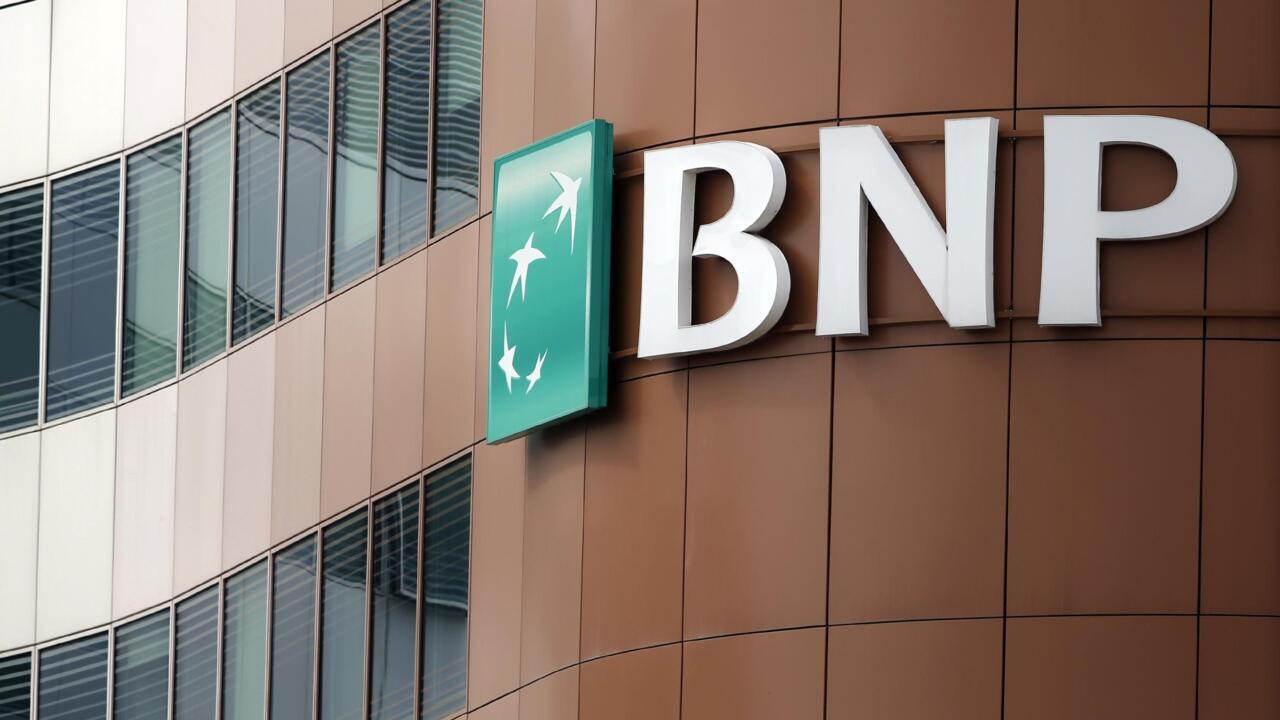BNP investigated for complicity in crimes against humanity in Sudan
FIDH believes that through its action with the Sudanese authorities in the 2000s, the BNP was complicit in genocide, acts of torture, crimes against humanity and money laundering.
REUTERS / Charles Platiau / Files
Text by: RFI Follow
4 min
French justice has opened an investigation against BNP Paribas, one of the leading banks in Europe, for complicity in crimes against humanity, genocide and acts of torture in Sudan.
Publicity
Read more
This investigation follows a complaint filed a little over a year ago by two NGOs, the International Federation for Human Rights, and the League for Human Rights, as well as nine Sudanese activists with fled their country.
The French bank is accused by the complainants of not having respected the UN, American and European embargoes on Sudan in the early 2000s.
For the complainants, the actions of BNP Paribas in Sudan during the period 2002-2008 enabled the regime to finance itself and to survive economically.
At the time, President Omar al-Bashir was engaged in a civil war in Darfur which would lead to genocide and a series of crimes against humanity condemned by the UN and the great powers.
The country is then under sanction and in theory can no longer access international financial markets.
But for the plaintiffs, the BNP facilitated the granting of credits to Sudan, also allowing it to sell its oil and to access the capital markets.
Through its action, FIDH believes, BNP has become an accomplice in genocide, acts of torture, crimes against humanity and money laundering.
The French justice which accepted the opening of an investigation must now determine in particular if the criminal responsibility of the leaders of the bank is engaged.
This complaint follows a conviction in the United States in 2014 against BNP Paribas, found guilty by the American courts of having violated the embargoes against Sudan, Cuba and Iran.
BNP then agreed to pay a record fine of $ 8.9 billion.
Behind the worst atrocities, behind mass crimes, there is often money and the possibility for those who commit these crimes to access money and cash.
But at the time when the Sudanese authorities were under embargo, this is precisely what the BNP allowed them to do: access international financial markets.
Thanks to the money and this access, the question of complicity with the Sudanese authorities arises.
Clémence Bectarte, lawyer for FIDH
Olivier Rogez
The BNP says it is not aware of the procedure and refuses to comment.
Newsletter
Receive all the international news directly in your mailbox
I subscribe
Follow all the international news by downloading the RFI application
google-play-badge_FR
Sudan
France
Justice
On the same subject
US pushes Sudan to normalize relations with Israel
Sudan: Mike Pompeo presses for a rapid lifting of US sanctions

